A single industry-sponsored meal is enough to sway a doctor to prescribe a brand-name drug rather than a cheaper but just as effective generic, a study by the University of San Francisco has found.
Researchers used data from Medicare Part D, combined with information from the physicians’ open payments system, to conclude there is an association between the offering of small-value meals and the prescribing of particular drugs.
Lead author, Professor R. Adams Dudley, of the university’s Philip R. Lee Institute for Health Policy Studies, told American Pharmacy News that he and other researchers were trying to determine the influence of human interaction on behavior.
But the impact of prescribing brand-name drugs instead of a cheaper alternative is huge, adding $73 billion to costs annually, a Ohio State University study published earlier this year found. One-third of that costs comes out of the pocket of patients, the study reported.
The new analysis, published in the Journal of the American Medical Association, concluded the findings represented an association, not a cause-and-effect relationship.
It could not be concluded doctors prescribed the drugs because of the meal, only that there was a close link.
Its main finding was that those doctors who received one pharmaceutical industry-sponsored meal worth less than $20 were between 18 percent and 118 percent more likely to prescribe the brand-name drug rather than a cheaper generic.
“It was a very large difference, and the more meals the bigger the difference,” Professor Dudley said.
At conferences and other gatherings, industry representatives are supposed to give full scientific information about the drug, which should include whether there are cheaper generic alternatives on the market, Dudley, director of the university’s Center for Health Care Value, said.
“But take away the scientific advice and the gifts have an impact in that situation,” he said.
“Doctors are not being bad, it’s much more human than that,” Dudley said. “If someone comes bearing a gift, you give them some time. If you talk to a doctor, you will be at the top of the doctor’s mind, and will write more prescriptions for that drug.”
Records of a total of close to 300,000 doctors and over 60,000 payments associated with four target drugs were studied.
Researchers confined the study to four drugs the VA and the British National Health Service say add no benefit and, as such, did not use them, preferring much cheaper alternatives.
One of the drugs was Crestor, which is used to treat high cholesterol. A single Crestor pill costs approximately $6, while cheaper alternatives can be bought for 20 cents.
Deep diving into the records, researchers looked at links between doctors receiving meals from the makers of the brand-name drugs, and then their prescriptions.
The findings should inform policy, particularly in relation to educating doctors about drugs, Dudley said.
Doctors are not formally educated about drugs after they leave training, Dudley said. That should change, he said.
The UCSF study was made possible by public disclosures of payments from manufacturers to physicians that have been required since Aug. 1, 2013, under the Physician Payments Sunshine Act, part of the Affordable Care Act.

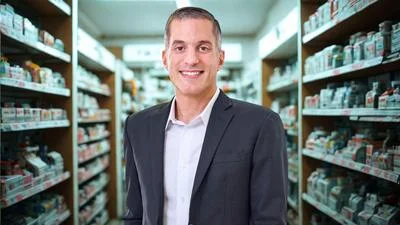
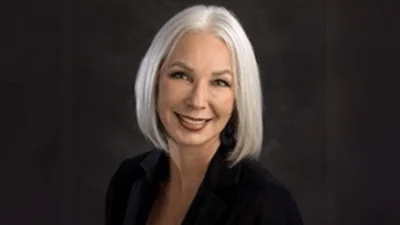




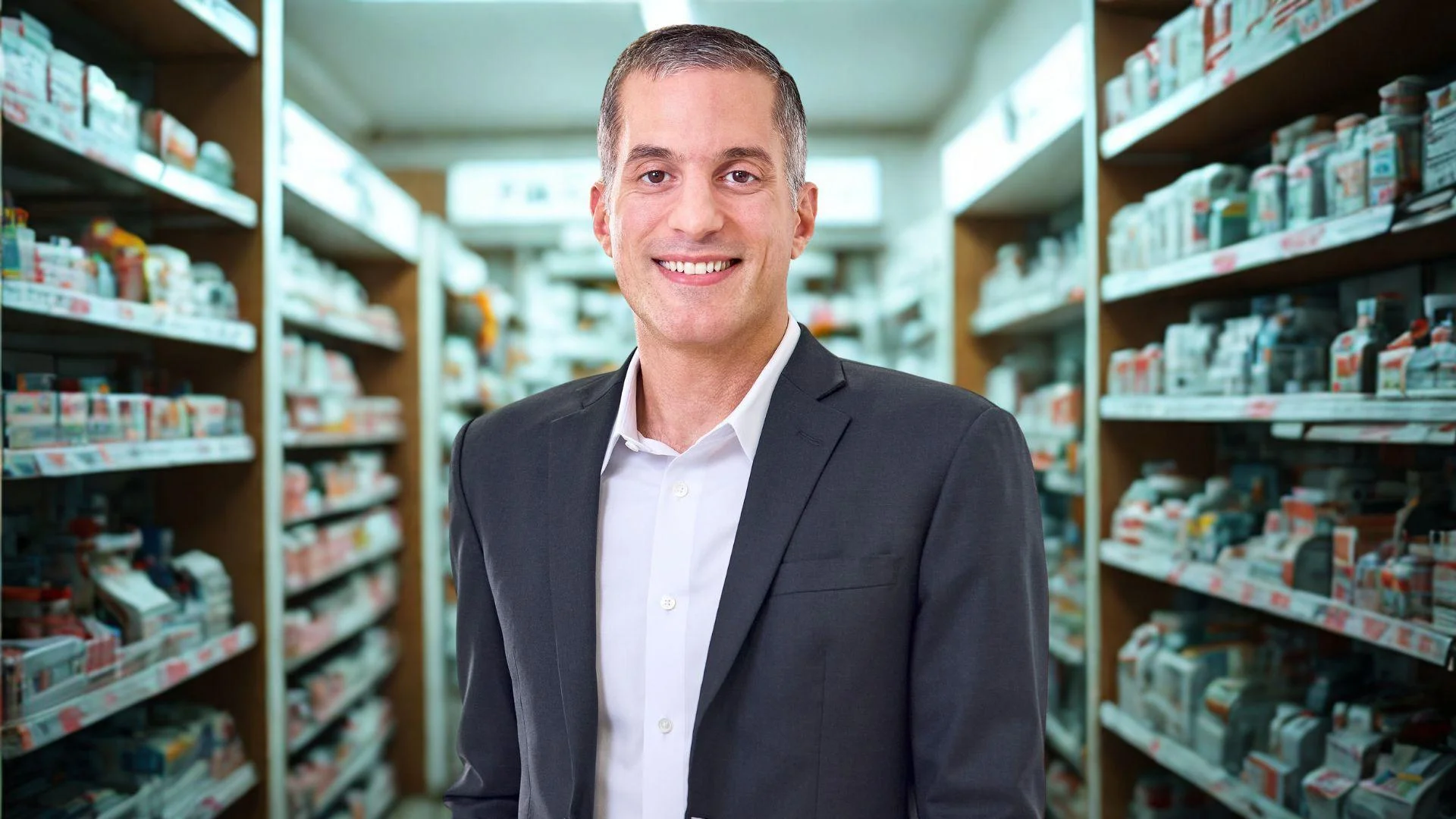


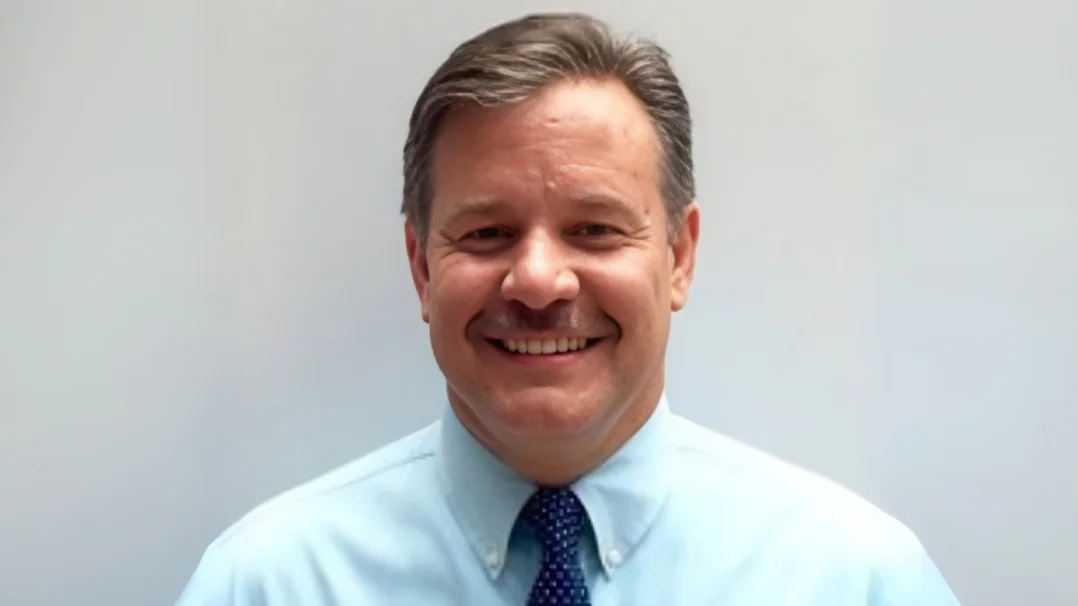
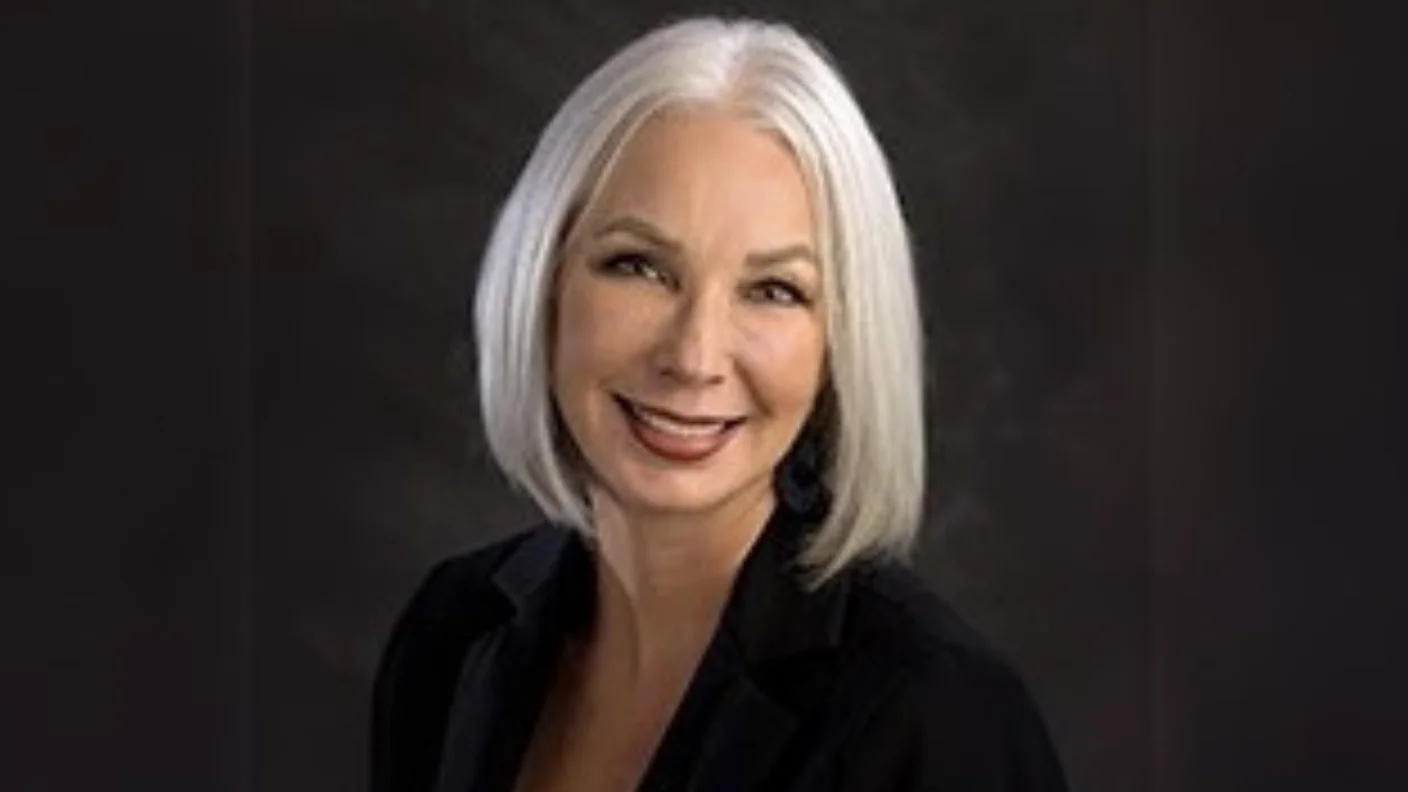
 Alerts Sign-up
Alerts Sign-up